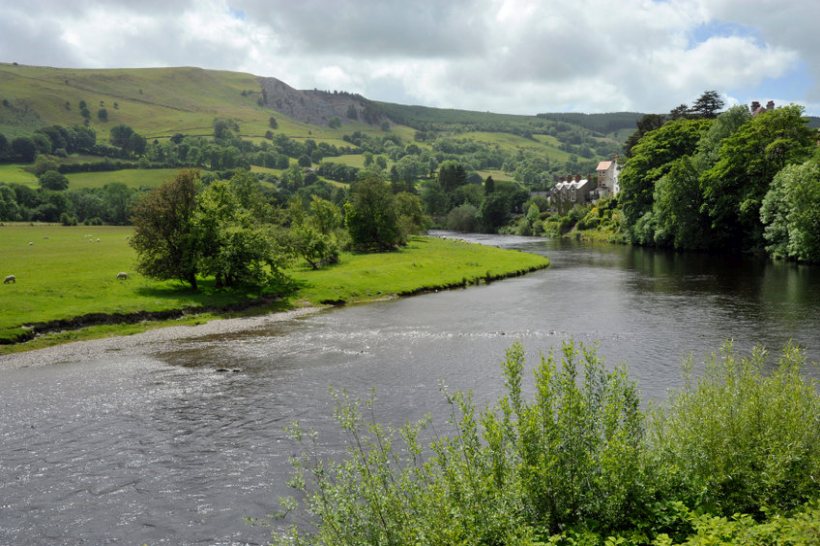
No metaldehyde exceedances were reported at Severn Trent water treatment plants last year as a result of the water company’s ‘Farm to Tap’ scheme.
To date, the scheme has worked with over 600 farmers in the catchment since its inception in 2016, at which point there were 18 exceedances reported.
Although the metaldehyde ban came in earlier this year, the results show that water firms and farmers are working together to drive change for mutual benefit.
The pesticide, used to control slugs on farms, was banned in March in order to better protect wildlife and the environment.
Severn Trent's Farm to Tap scheme was launched to raise awareness of the risk of pesticide pollution to watercourses, but the benefits were two-fold.
The scheme offered a financial incentive, which supported farmers to switch from metaldehyde slug pellets to the ferric phosphate alternative.
Laura Flower, Severn Trent senior catchment management scientist, explained: "This helped them to prepare for the ban, and watercourses were at a much lower risk of contamination as a result."
Farmers in successful sub-catchments were rewarded with up to £5 per hectare of eligible land.
"While these payments might seem like a costly investment, every £1 we spend on catchment management saves us £20 in treatment, meaning customer bills are kept as low as possible,” she said.
Cath Edwards, Severn Trent agricultural adviser in the Shropshire Middle Severn, said that the scheme had achieved excellent results in her catchment.
“Farmers recognise that schemes like Farm to Tap are very important. Everyone’s cautious of the fact we may lose further active ingredients if they pose a water quality risk.
“We’ve found farmers really value our offering and are willing to do all they can to prevent losing vital pesticides,” she added.
